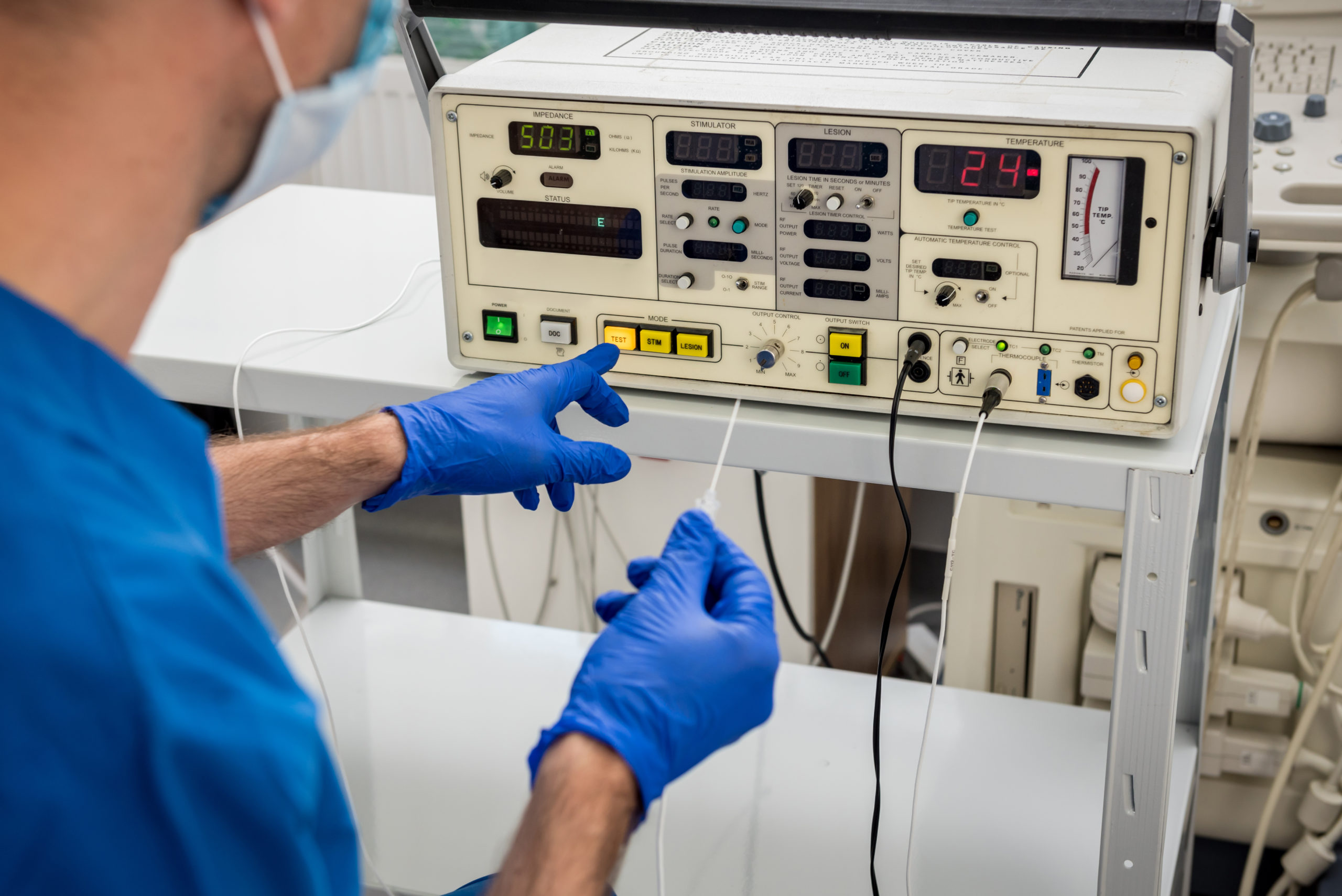
In a study published in BMC Medicine, researchers compared the efficacy and safety of various catheter ablation strategies in patients with atrial fibrillation via a network meta-analysis. Based on their network meta-analysis, lead author, Emmanouil Charitakis, and colleagues determined that pulmonary vein isolation (PVI) combined with additional ablation therapies, such as autonomic modulation, seemed to improve ablation effectiveness versus PVI alone.
Moreover, the authors found that catheter ablation appeared to be superior to antiarrhythmic drugs apart from non-PVI strategies.
The meta-analysis included 67 randomized controlled trials comparing 19 catheter ablation strategies among a total of 9,871 participants. Each method’s effectiveness was evaluated based on the rate of arrhythmia recurrence after ablation, and safety was evaluated based on reported procedure-related complications over a minimum follow-up of six months.
According to the investigators, when compared to PVI alone, the risk of recurrence was significantly decreased for the following combinations:
- PVI with renal denervation (risk ratio [RR]: 0.60; 95% CI, 0.38-0.94)
- PVI with ganglia-plexi ablation (RR: 0.62; 95% CI, 0.41-0.94)
- PVI with additional ablation lines (RR: 0.8; 95% CI, 0.68-0.95)
- PVI with bi-atrial modification (RR: 0.32; (95% CI, 0.11-0.88)
Compound ablation strategies did not lead to any differences in safety, according to the authors. They also reported that strategies including PVI appeared to be superior to non-PVI strategies, including electrogram-based approaches.
In summary, “this is the first study to provide decision-makers with robust, comprehensive, and comparative evidence about the efficacy and safety of different CA strategies that reflect the available evidence,” wrote the authors.







 © 2025 Mashup Media, LLC, a Formedics Property. All Rights Reserved.
© 2025 Mashup Media, LLC, a Formedics Property. All Rights Reserved.